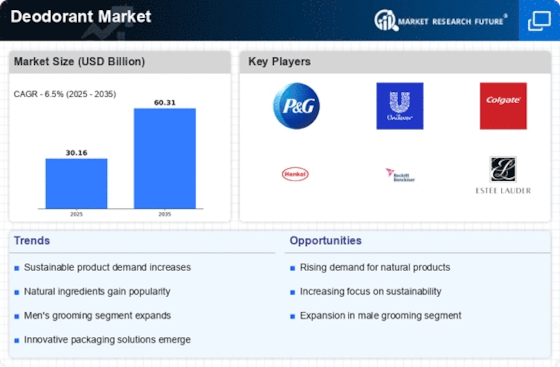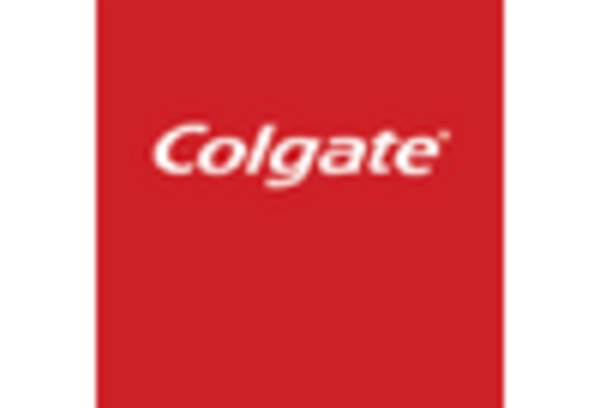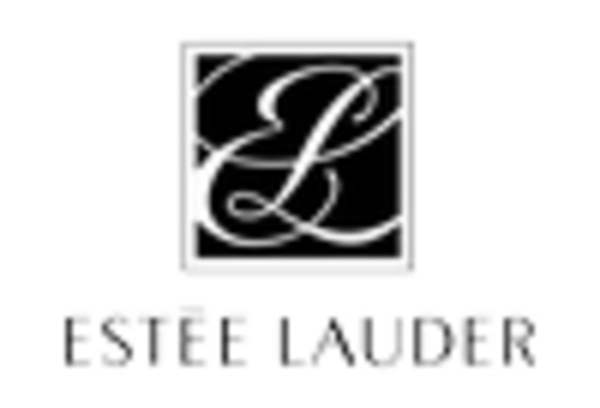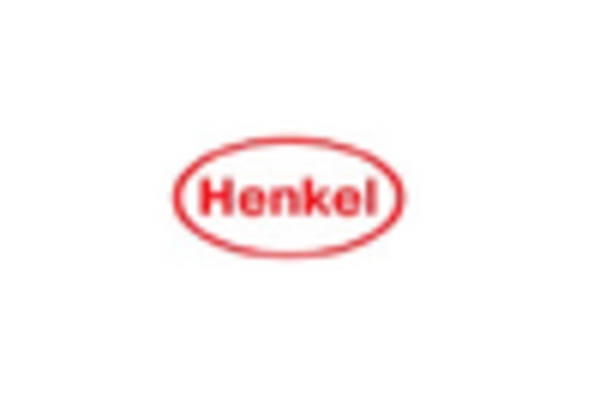Market Share
Deodorant Market Share Analysis
In this highly competitive environment, companies always use positioning tactics to get a piece of the pie. They brand themselves and their products to build market share. For instance, natural and aluminium-free deodorants, deodorants with skincare ingredients and functional ones for promoting wellness are some of the core techniques that brands use to attract the eye of the health-conscious consumer However, in terms of brand differentiation, in the deodorant industry, market share is also key. Firms compete to generate identities for their brands, boasting of features like its sustainability, its inclusiveness, its efficacy. Effective branding strategies-including clearly communicating what's behind the brand, creative marketing campaigns, and alliances with notable personalities or organizations-lend depth and credibility that help a brand's recognition take root and allow it to nurture consumer trust. Sustainability operations thus form vital elements of market share strategy. Giving in, companies turn to ecologically minded packaging, recycle the parts they can, and practice responsible sourcing. As market participants move away from traditional gender-specific formulations and marketing, high inclusivity is a strategic inflection point for market share positioning. For companies, gender-neutral options allow a larger audience, while we are changing in tune with the times. If prices are lower than those of mainstream brands, this is because the products are of lower quality. If they turn to other stores to shop, then the blame falls on the retailer. In the deodorant market, the need to use the advantages of both modernization and tradition is also integrating with the growing technological integration in market share strategies. The rise of the direct-to-consumer (DTC) model has given compelling evidence that everything is rapidly changing in the distribution landscape of the deodorant market. E-commerce is becoming more like an e-commerce portal and increasingly offers consumers direct connections to established brands. The DTC model enables brands and retailers to learn much about what consumers want, to fine-tune marketing plans and stay in close contact with their customers.


















Leave a Comment